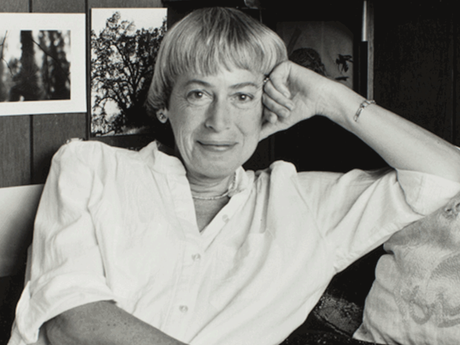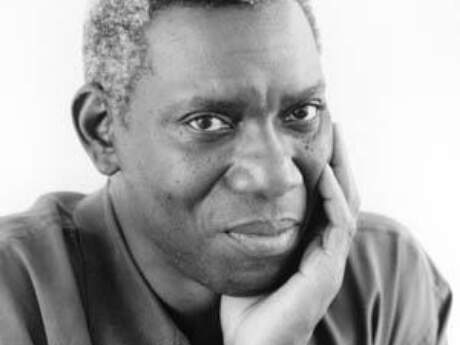First Loves
Ursula K. Le Guin: First Loves

On the bookshelf of the house where I spent summers as a kid there was a small dark-green book called, I think, Fifty Famous Narrative Poems. A real sexy title. But on long August days in the Napa Valley when it's too hot to move, a kid will read anything. Coleridge was in it, and got really deep under my skin, but Macauley's Lays of Ancient Rome were in it too, and my brother and I can still recite antiphonally, sixty years later:
Lars Porsenna of Clusium
By the Nine Gods he swore
That the great house of Tarquin
Should suffer wrong no more.
By the Nine Gods he swore it
And named a trysting day,
And bade his messengers ride forth,
East and West and South and North,
To summon his array....
It's the headlong gallop, the go-for-broke beat, that picks you up (if you're naive enough not to have been taught to resist it as naive) and takes you along for the glory ride. It doesn't matter if you have no idea who Lars Porsenna was. Years later it dawned on me that he was an Etruscan, and Clusium has to be Chiusi, in Tuscany, and the whole thing really happened--Macauley was, after all, a historian--which is neat, but inconsequential. It's the beat that matters.
So I had the good luck to learn early on that one of the things poems do is tell stories, which kept me from being afraid of them; and to learn (bodily, not intellectually, of course) that it's the beat that tells the story. Another piece of good luck I had, a bit later, was to find the poems of Algernon Charles Swinburne. Now some might consider this like a thirteen-year-old finding that Southern Comfort tastes nice. Get that bottle away from her! Quick! Pour it out! --But Swinburne took me past story, past meaning, into the pure music of the word.
Out of the golden remote wild West
where the sea without shore is,
Full of the sunset, and sad if at all with
the fullness of joy....
O sister, sister, thy first-begotten!
The hands that cling and
the feet that follow,
The voice of the child's blood
crying yet
Who hath remembered me? who hath
forgotten?
Thou hast forgotten, O
summer swallow,
But the world shall end when
I forget.
Dead dreams of days forsaken
Blind buds that snows have shaken
Wild leaves that winds have taken
Red strays of ruined springs
It's the sound of the words that still brings tears to my eyes, the pure tune of them: just as the tune of "Ca' the Yowes" or "Oft in the Stilly Night" brings tears, or brings one for a moment to the thoughts that lie too deep for tears. Reason has nothing to do with it. The reasoning mind cannot think those thoughts. Swinburne was a sad, silly man most of whose work verges on, or is, pure tosh, but he was a poet. He was the real, absolute, unreasonable thing. I am grateful to him for showing me once and for all that, though reason may (and usually better had) guide the art, in the end it serves the art.
Originally published in Crossroads, Spring 1998.


